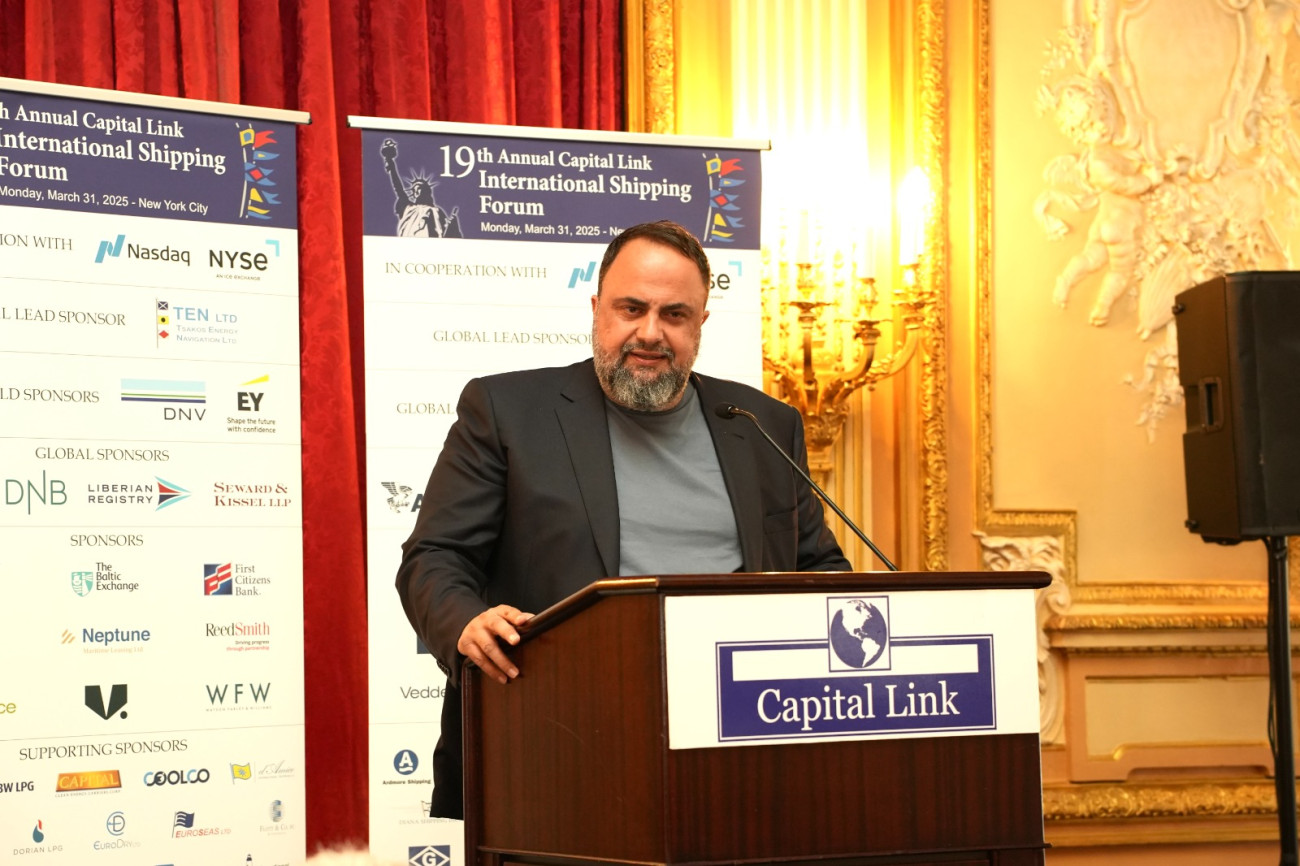
In a period of global upheaval, both geopolitical but also economic, Evangelos Marinakis, founder and chairman of Capital Maritime & Trading Corp was the keynote speaker during the official lunch at the 19th Annual Capital Link International Shipping Forum at New York’s Metropolitan Club on the 31st of March 2025.
His audience included top banking executives, charterers, ship-owners, stock market executives from both NYSE and Nasdaq, financial analysts and important figures from shipping such as Semiramis Paliou (Diana Shipping Inc.), Poly Hadjioannou (Safe Bulkers), but also investment banking executives such as Wiley Griffiths (Morgan Stanley), Evan Cohen (First Citizens Bank) and Edward Horton (Seward & Kissel LLP). There were also international executives of the shipping industry such as Kristian Sorensen (BW LPG), Richard Tyrrell (Cool Company), and Carlos Balestra di Mottola (d’Amico International).
Addressing an audience of executives from shipping and finance, many of whom he knows since the 1990s, Evangelos Marinakis began his speech by noting that “I’m happy to be here today with all of you. I saw many friends whom I hadn’t seen in quite some time, friends with whom we started out—let’s say—together back in the early ’90s. So, it was a pleasant surprise to see them again and to see that they’re still strong, healthy, and doing well in business”.
Opportunities for shipping
Evangelos Marinakis stressed from the outset that after the US elections and the new administration under Donald Trump, the international landscape has changed, stressing that these changes can make the whole situation more complex, but at the same time they create opportunities that can benefit shipping. Therefore, he reminded that in such conditions «at the end of the day» shipping wins, provided that entrepreneurs take advantage of the opportunities that are offered: «Since the U.S. elections and the beginning of Mr. Trump’s administration in January, we’ve seen many changes—numerous announcements and discussions on various global matters—which have made our lives more complicated, but at the same time, much more interesting. In shipping, we often benefit from geopolitical events. When there’s uncertainty, I believe that, at the end of the day, it tends to work in shipping’s favor—perhaps in the short term, but certainly in the long term, we often see some benefits. Of course, it all depends on how entrepreneurs react—how they analyze the situation and form a strategy.”
Such restrictions are not sustainable in the long run
Evangelos Marinakis referred to the whole issue around the US government’s decision to impose tariffs on imported goods. He acknowledged that in the short run there might be negative consequences but his estimate was that such policies cannot be maintained in the long run: “In my opinion, we’ll face many challenges ahead, especially regarding tariffs. The current discussions we’re following are no longer limited to China; now there are tariffs affecting the EU and other countries as well. All of this has a direct impact on shipping because it affects the transportation of goods. In the short term, I expect a negative impact, but I don’t believe such restrictions are sustainable in the long run.”
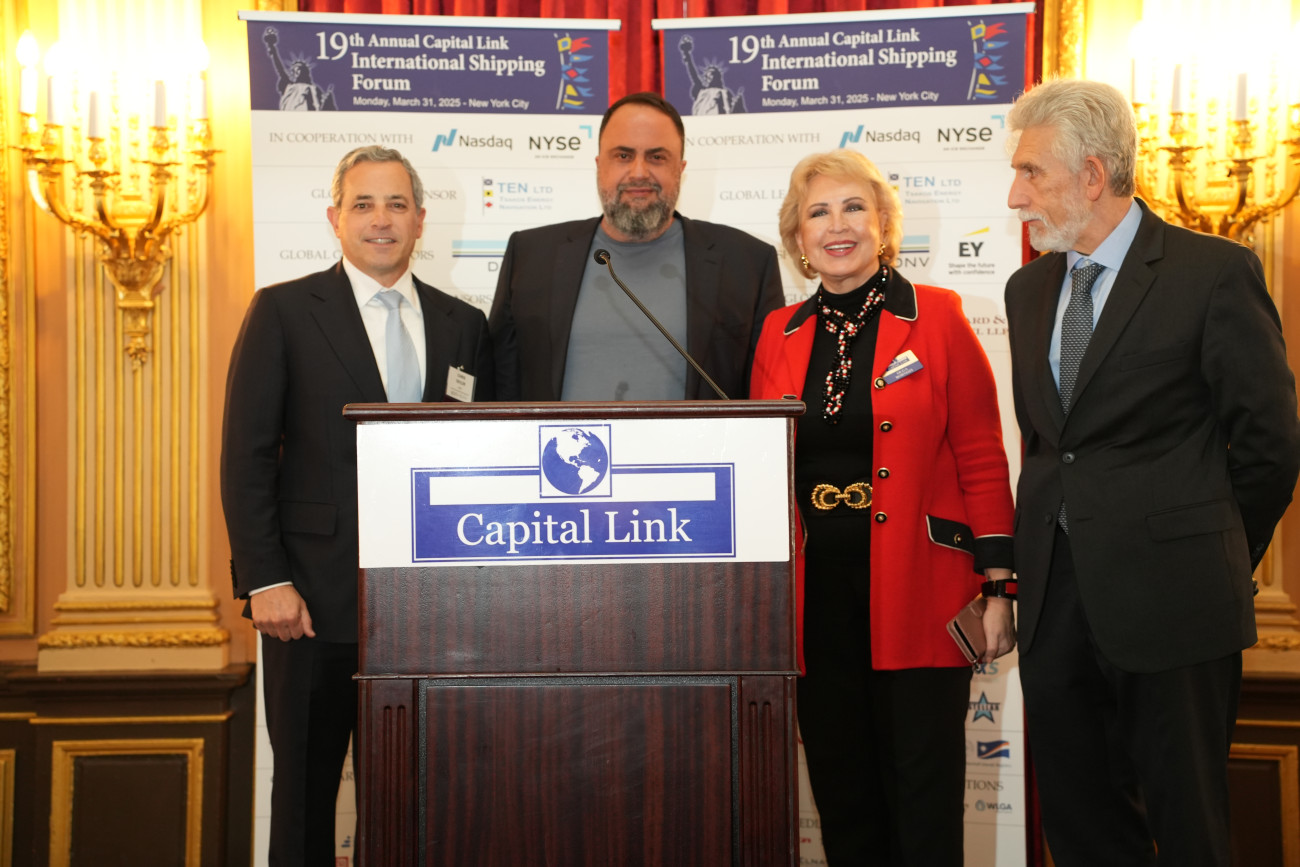
Mr. Chris Taylor, NYSE Group; Mr. Evangelos Marinakis, Capital Maritime & Trading Corp; Ms. Olga Bornozis and Mr. Nicholas Bornozis, Capital Link
The question of levies on Chinese-built tonnage
The founder and chairman of Capital Maritime & Trade Corp then moved to the recent announcements of the US government about high extra levies on Chinese-built ships, given the tonnage that such a measure might affect: “Another issue that concerns us is the future of Chinese-built tonnage. We’re not only talking about vessels owned by Chinese companies. In the last 10 to 15 years, due to the way the shipbuilding industry has developed, shipowners often had no choice but to consider building in China—for three main reasons: First, due to the capacity; second, because of competitive pricing; and third, because Chinese shipyards have improved their quality significantly. In many cases, their standards are approaching those of Korean or even Japanese yards. As a result, a large number of ships—owned by both listed and private companies worldwide—have been built in China.
Currently, we’re seeing charterers—even in short or period charter negotiations—trying to avoid Chinese-built tonnage. Some do this to negotiate better rates; others are genuinely concerned about the risks, particularly when cargoes are being transported in and out of the United States. They simply don’t want to take the risk.”
Consequently, Evangelos Marinakis warned that, “if this trend continues, we will end up with a two-tier market, and ultimately, the consumer will bear the cost. Delivered commodity prices will rise, especially for goods entering or leaving the U.S. on non-Chinese-built vessels. I believe this situation could last longer than any of us would like to think.”
Europe is facing a recession
Evangelos Marinakis also spoke about the broader economic conjuncture, stressing that: “the economic situation in Europe is not looking good. We anticipate a recession. There were similar predictions even before COVID, but due to the pandemic and the past five years—which flew by quickly—this recession was postponed. In fact, several industries, including shipping, saw record profits during that time, particularly in the container and dry cargo sectors. Rates soared, and we witnessed extraordinary market conditions.”
Prospects for shipping and the importance of modernizing fleets
In relation to the outlook for shipping, Evangelos Marinakis stressed that some of the parameters that have allowed for very high profitability in the past period are unlikely to apply in the coming period, which means that it is particularly important to continue investing in fleet modernisation, including those investing in the reduction of emissions. As he pointed out “The Russia-Ukraine war also affected the tanker market, pushing freight rates to exceptionally high levels. The market was very strong for a time. Then came the conflict between Israel and Palestine, along with disruptions in the Suez Canal—which had a real impact on our business and on freight rates. At the same time, the Panama Canal faced its own issues with draught restrictions. For the first time in history, both canals were not fully operational simultaneously. This pushed rates higher, but this advantage won’t last forever. Eventually, these factors will normalize.
Our strategy going forward is to continue modernizing our fleet while staying highly aware of emissions, environmental concerns, and the latest IMO regulations. Even though the Trump administration may not push ahead with environmental regulations in the U.S., we remain committed to reducing emissions and being environmentally conscious.”
Investing in dual fuel LNG vessels will pay off in the long run
Regarding his decision to invest in eco-friendly ships and dual fuel ships, Evangelos Marinakis stressed that: “We pay a premium to build eco-friendly and dual-fuel ships. For a while, there will be a transitional phase where we use less-polluting energy sources, even though we haven’t yet seen charterers, oil majors, or liner companies paying a premium for these vessels. Still, we’ve expanded our newbuilding program with dual-fuel technology in container ships. We take a long-term view and believe it will pay off.
The key is to remain financially strong so we can withstand market cycles. Eventually—especially in Europe—environmental regulations will move forward, and dual-fuel LNG vessels will offer clear advantages in terms of both emissions and cost, particularly when the Russia-Ukraine war ends. We hope that will happen soon, possibly within the year. When gas prices fall, using LNG will become significantly more cost-effective—not only from an environmental standpoint but also financially, due to lower fuel consumption.”
Developments in the next years will benefit shipping
Referring to broader geopolitical developments and upheavals, Evangelos Marinakis stressed that the changes are significant, but shipping can benefit from these changes:
“Things we thought could never happen—such as tensions with China, Russia, or the Israel-Palestine conflict—are happening. The years ahead will be very interesting. I believe that, ultimately, these developments will benefit shipping and our companies. In the short term, we may have to endure some pain and wait for normalization. But once again, I say: all this volatility and all these geopolitical changes tend to support our industry in the long run.”
Sanctions meant that the European consumer paid the price
The founder and chairman of Capital Maritime & Trading Corp. recalled that he had timely warned about how Europe had moved to sanction the Russia-Ukraine war
“Regarding the European economy, I said three years ago—when the Russia-Ukraine war began—that the EU sanctions strategy would backfire. In the end, it was the European citizen who paid the price. Russian oil continued to be exported to China and India at deep discounts. Meanwhile, European countries bought refined products from those same refineries at record-high prices. So, despite the sanctions, Russia actually received more income than before, while India and Chinese refineries enjoyed record profits. And it was the European consumer who footed the bill. This is one of the reasons I believe a recession in Europe is now unavoidable.”
That is why he stressed that the Trump administration has a positive approach to the Russia-Ukraine war: “I also think the Trump administration is taking the right approach toward the Russia-Ukraine war. In the last three years, Europe has made no serious effort to stop this war. Innocent people—especially children—are dying. And after three years, there is no justification for this to continue. It’s senseless and must stop. These are my personal views on the economic outlook in Europe and the future of shipping.”
Concluding his presentation Evangelos Marinakis wished his audience to “remain strong and healthy. Because when you are strong and healthy, you can navigate crises and embrace daily challenges. In the end, we all try to do our best—for our companies, our shareholders, and the future.”
Latest News

IMF: US Tariffs Shake Global Economy, Outlook Downbeat
IMF slashes global growth forecast to 2.8% as U.S. tariffs create uncertainty and ‘negative supply shock

First Step Towards New Audiovisual Industry Hub in Drama
The project is set to contribute to the further development of Greece’s film industry and establish Drama as an audiovisual hub in the region

Airbnb Greece – Initial CoS Ruling Deems Tax Circular Unlawful
The case reached the Council of State following annulment applications filed by the Panhellenic Federation of Property Owners (POMIDA)

Mitsotakis Unveils €1 Billion Plan for Housing, Pensioners, Public investments
Greek Prime Minister Kyriakos Mitsotakis has announced a new set of economic support measures, worth 1 billion euros, aiming to provide financial relief to citizens.

Alter Ego Ventures Invests in Pioneering Gaming Company ‘Couch Heroes’
Alter Ego Ventures' participation in the share capital of Couch Heroes marks yet another investment by the Alter Ego Media Group in innovative companies with a focus on technology.

Corruption Still Plagues Greece’s Driving Tests
While traffic accidents continue to claim lives on Greek roads daily, irregularities and under-the-table dealings in the training and testing of new drivers remain disturbingly widespread

Pope Francis Died of Stroke and Heart Failure Vatican Confirms
As news of the official cause of death spread, tributes poured in from across the globe. The 1.4 billion-member Catholic Church is united in grief, remembering a pope who championed inclusion, justice, and compassion

Increase in Both Museum Visits, Revenues for 2024
As expected, the Acropolis was the top archeological site in the country, followed by Sounion, Mycenae, the ancient theater of Epidaurus, and Vergina in northern Greece

Where Greece’s Tourists Come From: A Look at 2025’s Top Visitor Markets
The United Kingdom continues to hold the top spot as the largest source of incoming tourism, with 5.6 million seats booked for Greece this summer — up 2.2% from last year. This accounts for 20% of all international air traffic to Greece

Pope Francis: A Pontiff Who Reshaped the Papacy and Sparked a Global Conversation
His first words from the balcony of St. Peter’s Basilica—“Brothers and sisters, good evening”—set the tone for a pontificate that would challenge norms, favor mercy over dogma, and bring the papacy closer to the people.












![Πλημμύρες: Σημειώθηκαν σε επίπεδα ρεκόρ στην Ευρώπη το 2024 [γράφημα]](https://www.ot.gr/wp-content/uploads/2025/04/FLOOD_HUNGRY-90x90.jpg)



![Ξενοδοχεία: Μεγάλο το ενδιαφέρον για επενδύσεις στην Ελλάδα – Η θέση της Αθήνας [γραφήματα]](https://www.ot.gr/wp-content/uploads/2025/03/Athens-hotels-90x90.jpg)








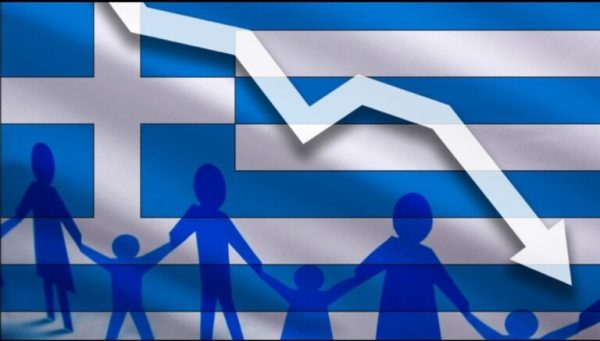
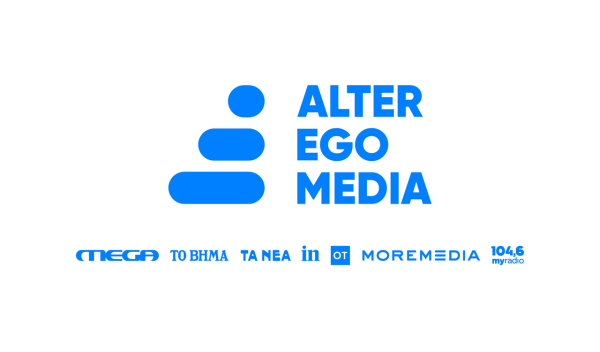

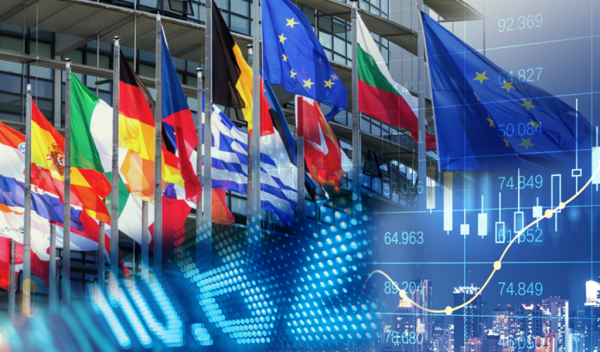
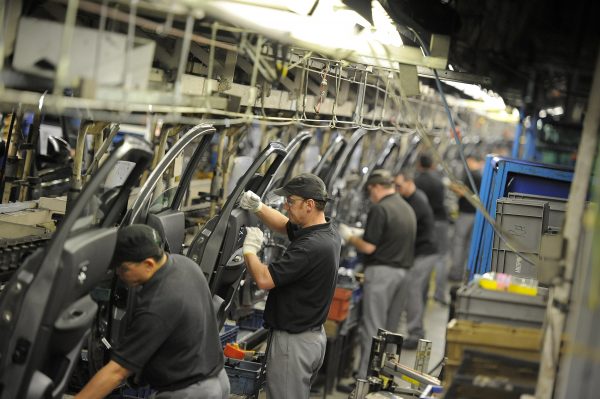





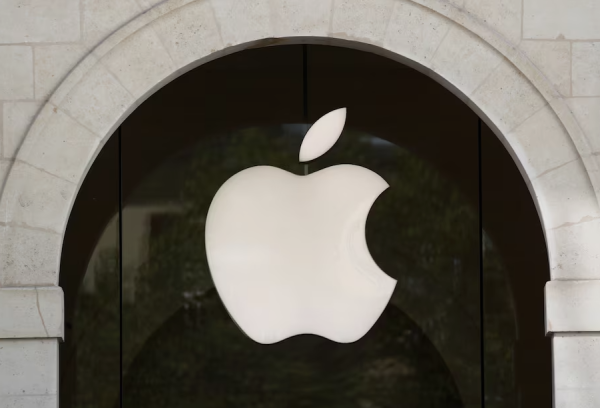





 Αριθμός Πιστοποίησης
Αριθμός Πιστοποίησης